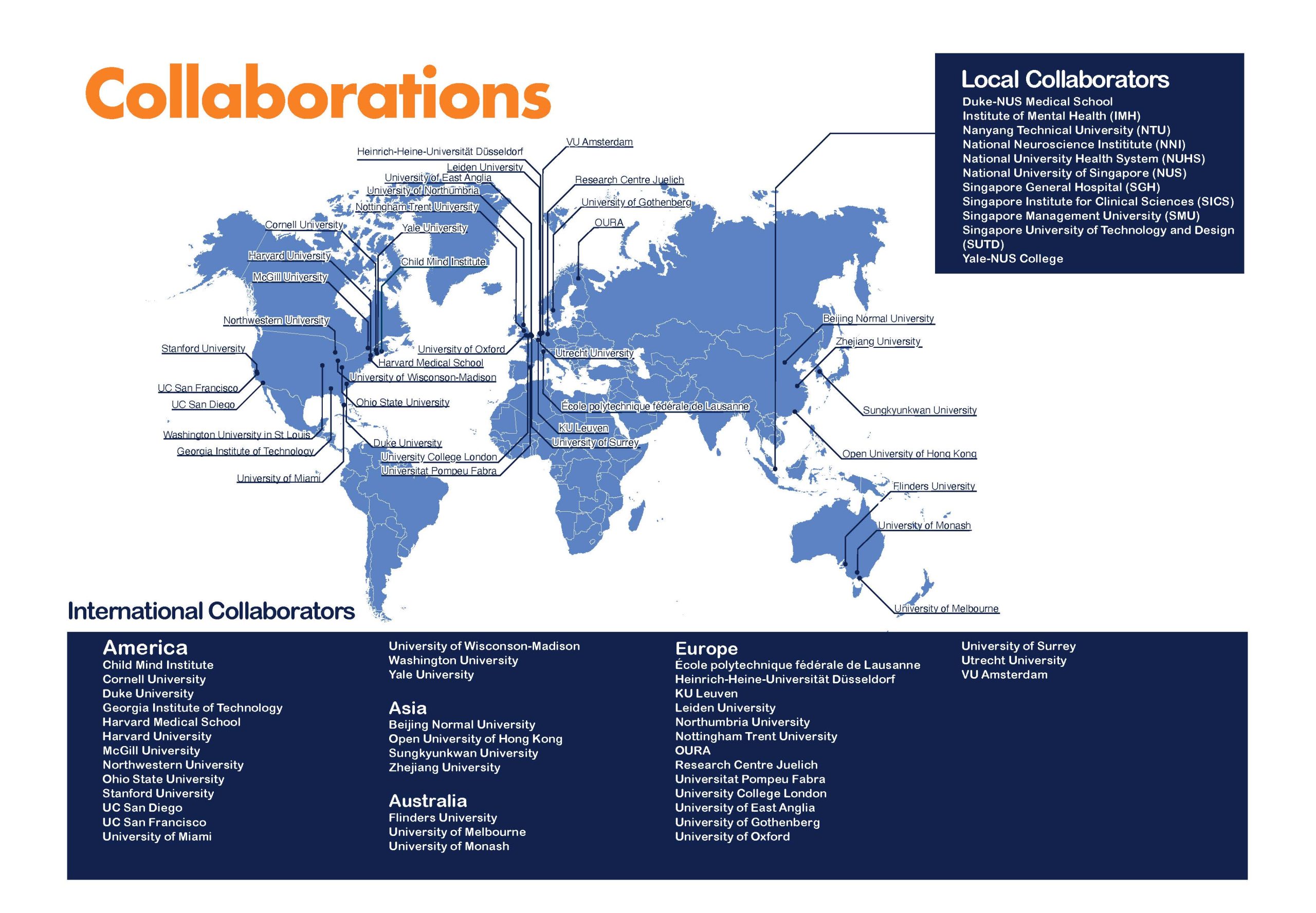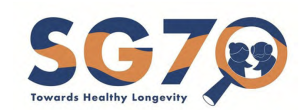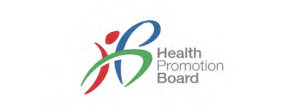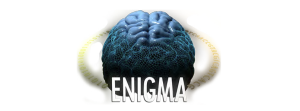
Scientific Partnership
SG70 Project

The CSC faculty is leading the brain health and digital phenotyping part of the SG70 study – a NUSmed flagship research programme. The SG70 cohort is part of the continuation of another long-term population-based prospective cohort of ageing study, titled Singapore Chinese Health Study (PI: Prof Koh Woon Puay). The main objective is to build a Singaporean cohort (aged 65-75 years, >2500 subjects) for an integrated and holistic approach to examine the effects of biological, lifestyle, and socioeconomic factors that affect multi-dimensional outcomes as Singaporeans transit from health to morbidity around the age of 75 years. In collaboration with Prof. Koh, the CSC will follow up these older adults longitudinally for at least four years using multimodal assays including neuropsychological assessments, brain imaging, and digital tracking technology (EMA, Oura, and tappigraphy).
HPB Project

The Health Promotion Board (HPB) is a statutory board under the Ministry of Health with the goal of promoting healthy living in Singapore. In an effort to tailor its health promotion policies and programmes, HPB launched the “Health Insights Singapore (hiSG)” project, a population heath study launched three years ago to better understand health behaviours of Singapore residents using wearable technology. Previously, the Sleep and Cognition Lab partnered with HPB to analyze data from the working- adults cohort of the hiSG study, to understand changes in sleep and activity patterns brought about by mobility reductions affecting the daily routines of many office workers during the COVID-19 circuit breaker period. This collaboration resulted in a publication that was featured as an Editor’s choice in the journal Sleep. The Sleep and Cognition lab is looking forward to continued collaborations with HPB. Our most recent ongoing initiative involves a 22-week intervention study to encourage healthy sleeping habits in the hiSG working-adults cohort.
GUSTO Project

CSC is collaborating on GUSTO study to understand how sleep conditions in early childhood influence the health and development of children.
ENIGMA Project

Together with Dr. Jimmy Lee from the Institute of Mental Health Singapore, Prof. Michael Chee, and A/P Helen Zhou have been invited to join the ENIGMA clinical high-risk working group. This working group investigates structural brain alterations in those at clinical high risk for psychosis. The aim is to bring together existing datasets around the world (>1000 patients) that have recruited individuals according to Structured Interview for Prodromal Syndromes (SIPS/ SOPS) and Comprehensive Assessment of At- Risk Mental States (CAARMS) criteria. The Singapore team has contributed the data from our longitudinal youth-at-risk study. Large-scale meta- and mega-analyses of neuroimaging data will be carried out to uncover brain alterations in clinical high risk. The first paper based on the primary proposal from the consortium is published in JAMA Psychiatry 2021.
SINGER Project

The CSC partners with the Memory, Ageing,and Cognition Centre of NUHS to conduct the first multi-lifestyle SINgapore GERiatric intervention (SINGER) to reduce cognitive decline and physical frailty in elderly at risk for dementia. Funded by the large collaborative grant from National Medical Research Council (2020-2024), we seek to answer questions that may be unique to Singapore/ Asian phenotypes with respect to vascular cognitive impairment. Associate Prof Helen Zhou is one of the three main theme PIs leading a longitudinal study of brain, genetic, retinal, and blood markers for prognosis in elderly participated in the SINGER. Associate Prof Thomas Yeo aims to develop machine learning approaches to predict future disease progression and intervention response based on these multimodal biomarkers. The project also involves scientists and clinicians from NUHS, A*STAR-GIS, SERC, Duke-NUS, NNI, and NTU.
Industry Partnership
SCL collaboration with Oura Health

The Sleep and Cognition Lab began involvement with Oura Health in Dec 2019 to conduct a full-scale multi-night validation study on adolescents using Oura Rings and polysomnographic recordings. A second validation study on adults in a home-based setting was conducted between Dec 2020 – Apr 2021, and these results were used to improve Oura’s sleep algorithms.In addition to conducting validation studies, the Sleep and Cognition lab has also analyzed data from Oura users across 20 countries to investigate how COVID-19 lockdown stringency affected sleep patterns and resting heart rate—a marker of cardiovascular health. This collaborative project was recently published in the journal Scientific Reports.
SCL collaboration with QuantActions

Partnering with QuantActions, the Sleep and Cognition,Lab conducted a multi-week naturalistic study during,the COVID-19 lockdown (Apr 2020 – Sep 2020) with TapCounter as one of its main measures. The data obtained allowed for an in-depth analysis of how smartphone usage in the hours before bedtime can relate to individuals’ physical and mental well-being. By combining smartphone usage information with sleep data obtained from wearables and self-reports, the team demonstrated how technology use in bed can be used to fine-tune sleep identification and enhance the understanding of behaviours surrounding bed and wake times.This collaborative effort has led to recent publications in both npj Digital Medicine and Sleep. Further work is currently underway to evaluate the use of smartphone taps as a reflection of day-to-day cognition.
